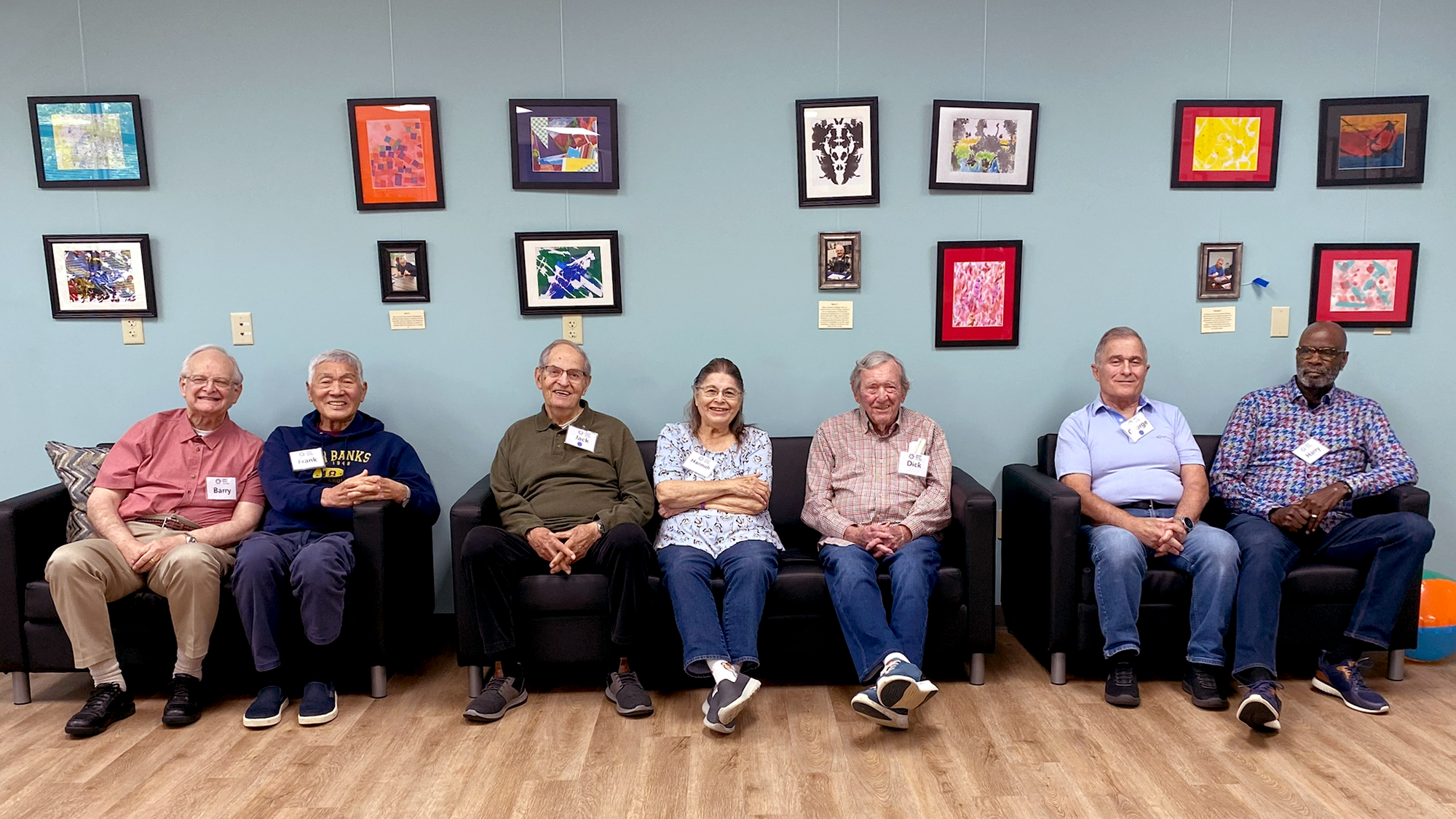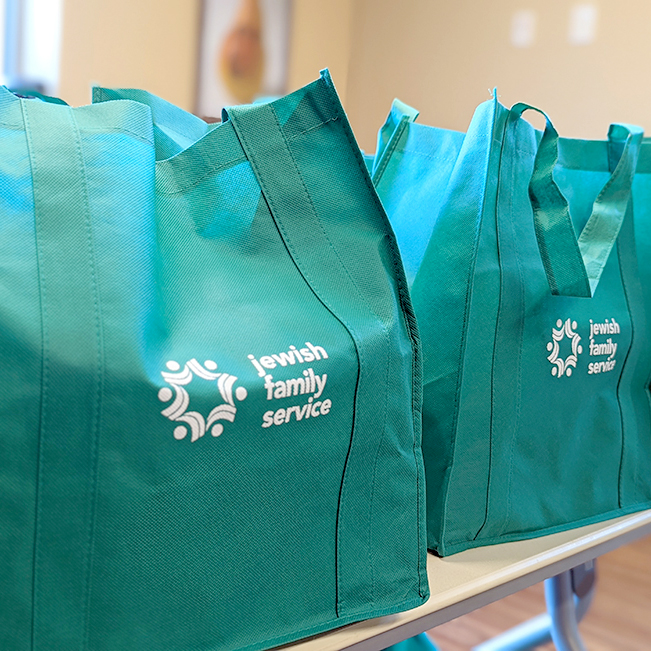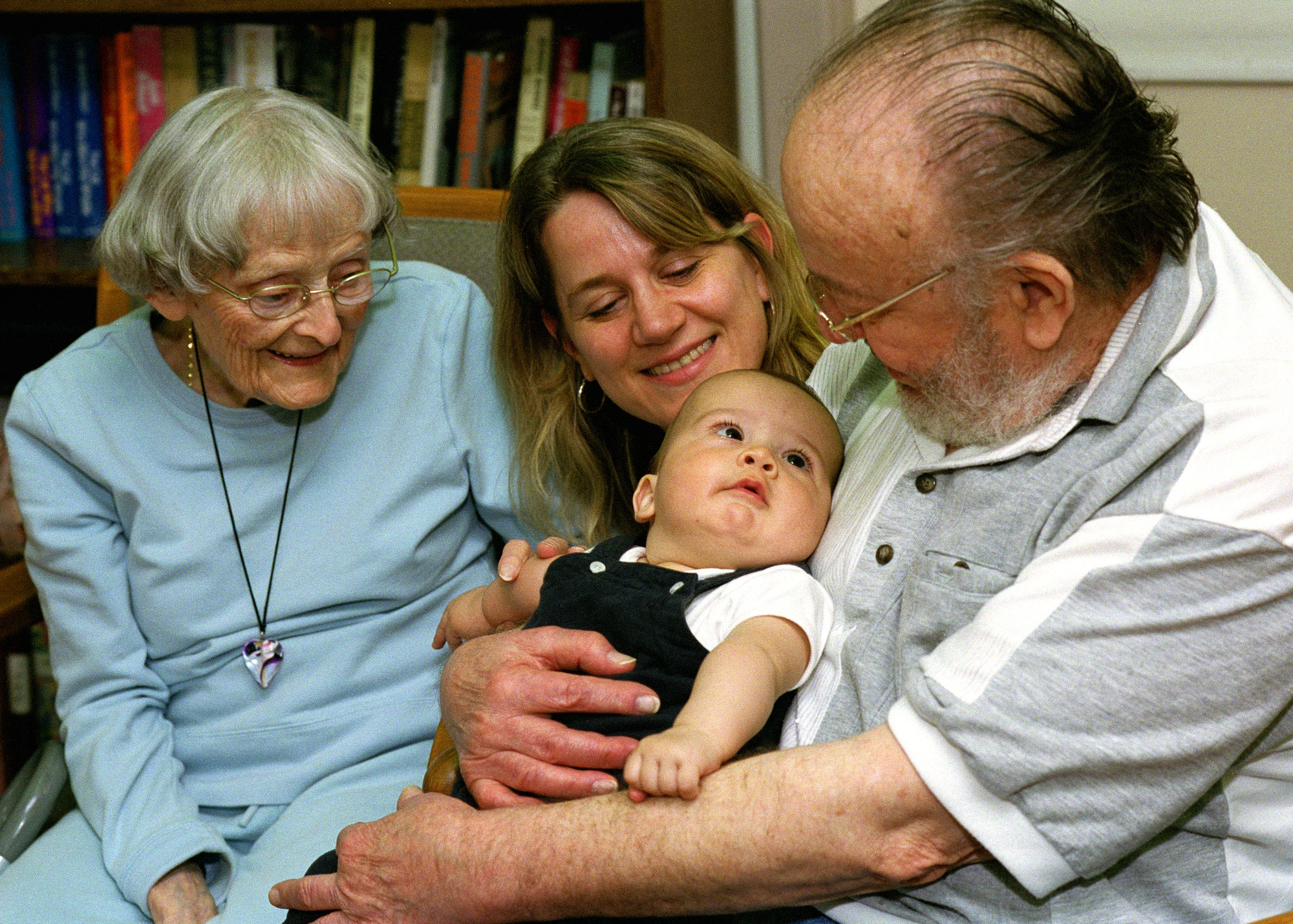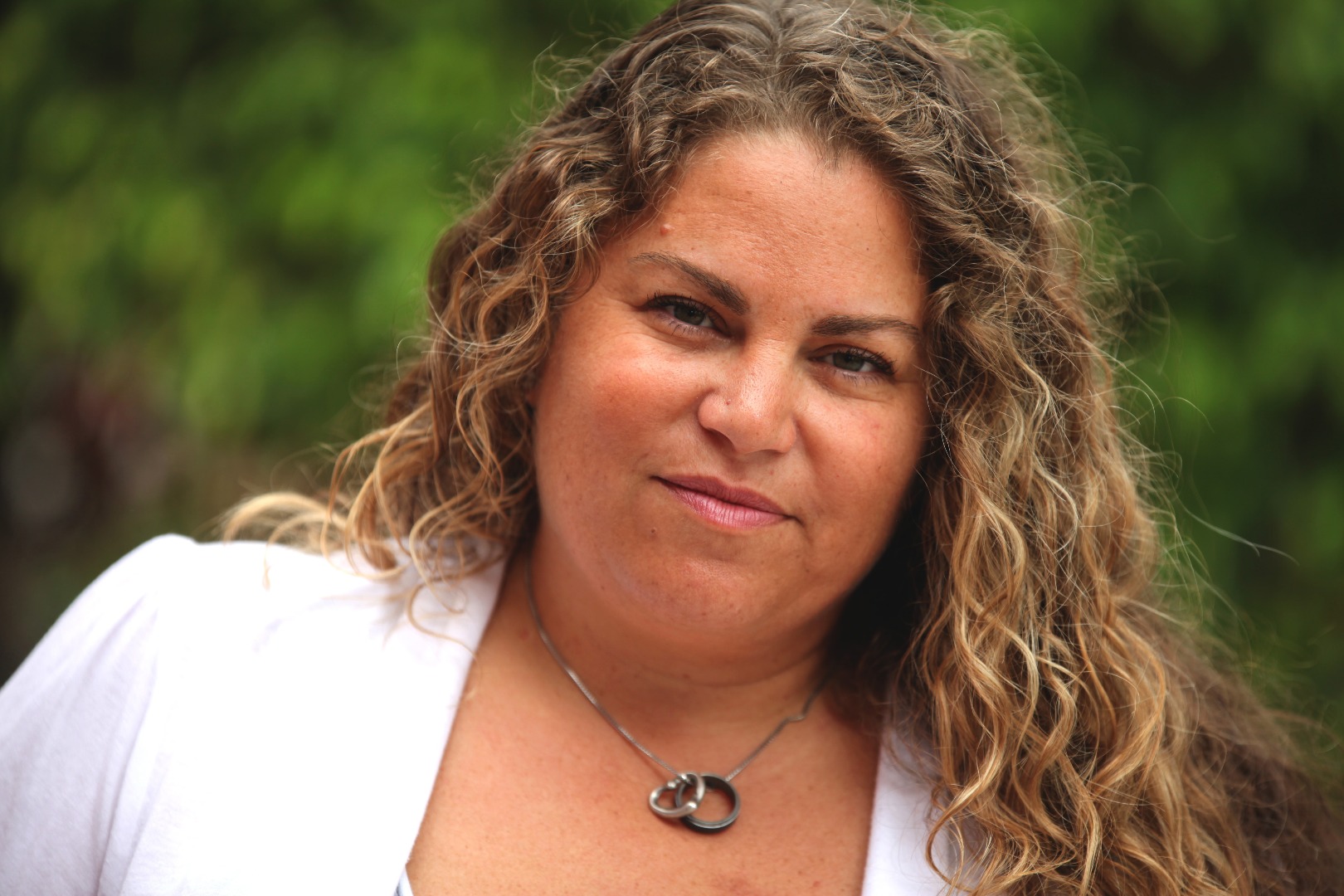Counseling & Mental Health · June 28, 2024
From the moment Jewish Family Service of Cincinnati (JFS) opened Adult Day Services in November 2023, Manager Becky Borello knew that she could inspire the program’s participants—all of whom face cognitive challenges—through the creative process of making art. “From the beginning, it has been our intention to have an art exhibition,” Borello said. “An art project provides an important benefit to our participants. It lets them exercise choice: choice in colors, in style, in design."
Holocaust Survivors · June 06, 2023
As a native of Berlin, Enno Zschiedrich has been immersed in history his whole life. And not just any history; a precise history that is painful to remember, and dangerous to forget. Reckoning with this history is a central reason Enno came to Cincinnati, last September, as the Action Reconciliation Service for Peace (ARSP) volunteer for Jewish Family Service’s Center for Holocaust Survivors.
Giving & Volunteering · February 09, 2023
If it were possible to tell this story without referencing Miriam Cohen, that would likely please her. It’s not that Miriam is overly modest; it’s that the story she wants to share with the world is about Dorothy Fine Paris and Isidore Paris—her loving and devoted parents. Still, there are compelling reasons to include Miriam in this tale. First, as Dorothy and Isidore’s daughter, she is an important part of their story. Second, she is the storyteller here, the authoritative source.
Giving & Volunteering · October 07, 2022
People generally want to give back and make a positive impact for the underprivileged among us, but not everyone has the financial wherewithal to do that. Fortunately, there are numerous ways—aside from giving money—to improve communities, help individuals, support great causes, and ultimately make a difference.
Giving & Volunteering · August 08, 2022
Jim Ellis and Howard Goldwasser don’t know each other, but they share a private compulsion: they are serial volunteers. At the moment, they also share a common benefactor: Jewish Family Service Heldman Family Food Pantry. The men, both retired, have been independently donating their time to the food pantry in a variety of ways, whether it’s helping people shop; gathering and packing up orders; or making deliveries directly to homes.
Counseling & Mental Health · May 10, 2022
In January of this year, Jewish Family Service Youth Mental Health (YMH) program quadrupled in size when Director Leah Marcus brought on three talented social workers to join her efforts: Amanda Cramer, Nina Pridonoff, and Kasey Rosswurm. “Kasey, Nina, and Amanda are such a fantastic team,” Marcus said. “They are very energetic and have worked together so well. I couldn't pick a better group of people to do this critical work.”
Giving & Volunteering · February 10, 2022
Jewish Family Service (JFS) of Cincinnati has recently convened the Create Your Jewish Legacy (CYJL) committee to encourage community members to talk with their families about a legacy commitment to JFS. CYJL is a nationwide program initiated in 2014 by the Grinspoon Foundation with the goal of building endowments that will sustain Jewish organizations locally, and secure a reliable financial future for Jewish communities across the country.
Food & Financial Assistance · October 27, 2021
Linda Kean doesn’t believe in fate, but an experience with synchronicity last year still has her smiling. Kean, who is Vice President of Operations and Youth & Family Programs with Jewish Family Service (JFS), explained how JFS benefitted from fortuitous timing earlier in the year. “In April of 2020, I had an inspired idea. I said to our Heldman Family Food Pantry staff, ‘We really need to redesign the food pantry."
Crisis Intervention · July 09, 2021
“He was emotionally abusive, and my kids were seeing it and living it,” said Abigail, talking about her ex-husband via Zoom meeting last week, curly light brown hair tucked in a loose bun (identities altered for privacy). Abigail is safe now, thanks to Jewish Family Service and her own resilience. “The day the kids and I left felt like freedom,” she said.
Jewish Family Service (JFS) helps survivors of domestic abuse move from a bad situation into a better one.
Food & Financial Assistance · May 31, 2021
One of the most important aspects of charitable assistance is the need to protect the confidentiality of recipients. People’s dignity should be at the center of any provided service; if a family is struggling—whether financially or in other ways—their right to privacy must be respected. So, when Jewish Family Service (JFS) recently received a grant that made recipient anonymity more difficult, their staff worked hard to create a resolution that was a success for everyone involved.










